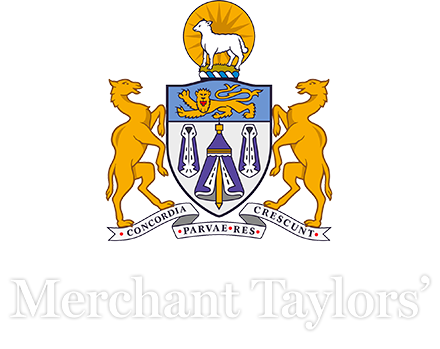Religious Studies & Philosphy
Philosophy seeks to answer questions about ideas and the world that we normally take for granted.
Questions about the nature of reality, how we acquire knowledge and whether there is any purpose to existence are all philosophical questions. In fact, if you keep asking ‘why’ about any question, scientific, linguistic, historical or mathematical you will always eventually end up with a philosophical question rather than the one you started with. Philosophy underpins everything.
Philosophy students should be ready for lots of discussion and ‘arguing’, reading and essay writing. The ability to express ideas and opinions both verbally and on paper (something that subjects like History and English prepare you for) is an advantage. There are lots of new concepts to challenge you and you will gain invaluable skills in reasoning and logic.
Philosophy A-Level comprises two papers each covering two topics. Together they provide an introduction to several broad philosophical themes.
Those themes are:
Year 1 – Epistemology and Ethics
- The study of knowledge
- How and whence we derive our system of morals
Year 2 – Metaphysics
- The nature and existence of God
- The philosophy of mind and nature of reality
The department has an extensive library of books and journals for wider reading and a range of extension activities are offered to help students develop their analytical skills. There is also the opportunity to attend various philosophical and ethical conferences relating to the course.
Many universities also look favourably on Philosophy as excellent preparation for further studies, particularly for subjects such as PPE or Law.




